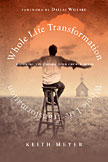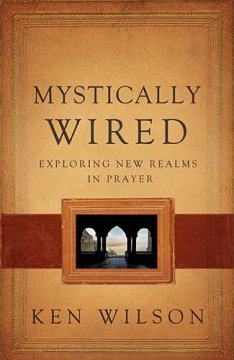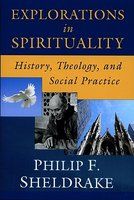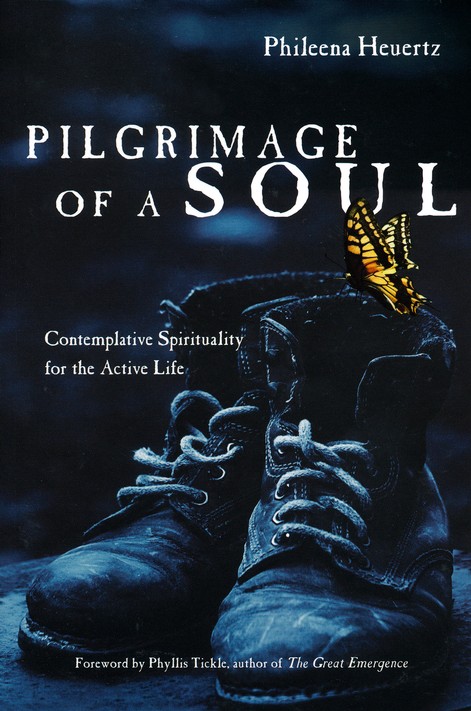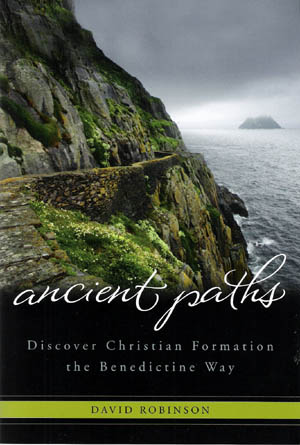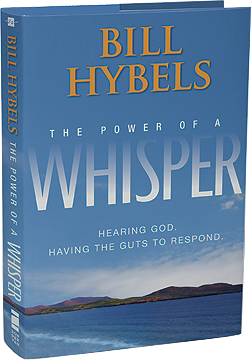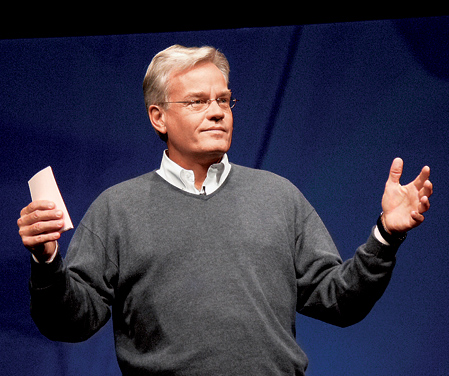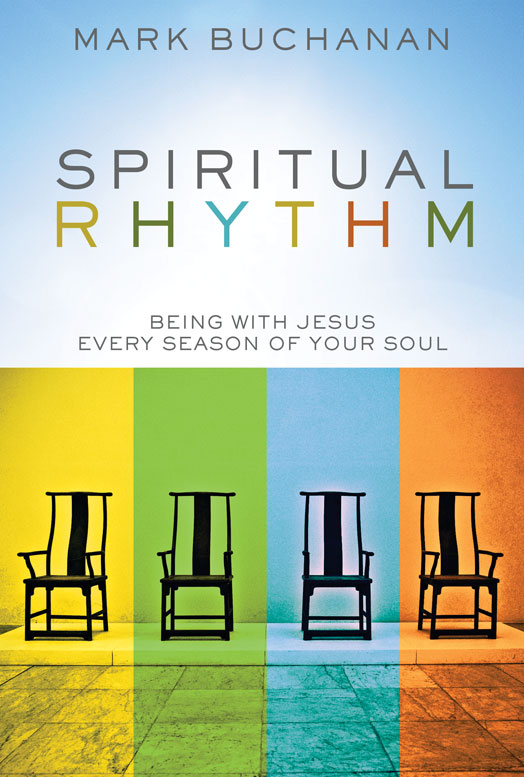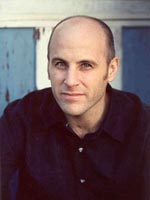Yesterday was the funeral of the last remaining sibling of my father. Aunt Grace was a character in more ways than should be recounted here, and we loved her. At the memorial service, I learned of others that loved her and loved her well. For a chunk of her life she was a cook for a large fraternity at Penn State University, and other “frat house” cooks were there too. It didn’t surprise me that the preacher spoke dearly of Grace (and of saving grace!) and used eating images. “If there is a kitchen in heaven, she is there now….” and “Grammy and she are probably whipping up something even now.” It was a God-glorifying and happy testimony, and I was struck by how touched we were all by that.
Aunt Gracie did jams and jellies, too, even picking the blueberries and grapes to use. At the end of the service, everyone got to take a glass jar of (lovingly) home-make jelly.
The sentimental story-telling about her cooking wasn’t deep, but upon reflection, it is very, very profound. Nobody explained much about the way the Bible teaches that feasting is a primary image for the new creation, or how food so often plays a role in so many Biblical stories; it is all true, though. Nobody needed to be preached to about the theology of creation, the goodness of God in giving us such rich gifts to delight in (such as good food) since we all knew it. We knew it from Aunt Grace, and we knew it from the stories about Aunt Grace. And we knew it from the down-home “funeral food” that volunteers served in the small basement at Snow Shoe United Methodist Church.
Yes, we knew. But many do not. There is an evil movement around that wants us to be religious in a way that is disconnected to this world—it was a heresy raging in the first century, which is why Paul wrote of the goodness of creation and God’s love for “things” in the first chapter of Colossians, and why the letter of 1 Timothy 4 seriously warns against those who dare to warn us about food and sex and such (saying that such deceptive prudery is “taught by demons.”) “This is our Father’s world” the old hymn wisely says, and anybody who doesn’t like it much, is preaching a false gospel. God made the world, Jesus died for it, and at His glorious return, He will renew the “things” of this creation, as the line in the old carols puts it, “far as the curse is found.” I think what the simple folk at the funeral parlor knew is something that we could deepen and delight in all the more. A theology of cooking, eating, food. Yes!
The Spirit of Food: 34 Writers on Feasting and Fasting Toward God edited by Leslie Leyland Fields (Wipf & Stock; $30.00) is only the latest in a batch of recent books integrating faith and food, eating and prayer, spiritual hunger and physical hunger. Food and Faith: Justice, Joy and Daily Bread edited by Michael Schut has been our favorite anthology and I’ve written glowingly about it before; with a useful study guide in the back, it is great for groups. I contributed a bibliographic chapter in the slim, but wonderful, Eat Well, published by the remarkable folks at *cino in their Road Map Series. Lutheran anti-hunger activist L. Shannon Jung has done some very good books, most recently, Hunger and Happiness: Feeding the Hungry, Nurturing Our Souls. Several years ago Brazos Press inaugurated a series on daily faithfulness in everyday practices with a fine one called Good Eating, by animal theology author, Stephen Webb. What beautiful and important books these are. I hope you consider buying ’em: if we can’t come up (of all things) with a theology and spirituality of food, eating, hunger, and agriculture, then something is really wrong. The One known as the “Bread of Life” is the creator/sustainer/redeemer of “all things” so physicality, material, stuff, matters. Food matters. Amen?
Leslie Leyland Fields is the author of several other books (including a very provocative and well-written one on parenting that we love.) She teaches in the Master of Fine Arts Program at Seattle Pacific University and anyone who follows writing, literature and the arts within intentionally Christian circles knows their excellent reputation. Which is to say Ms Fields is really wise about good writing and is well connected. (Think, for starters, of the great writers who publish in Image.) I won’t make a joke about her “good taste” but—wow!—did she ever pull together some of the best faith-based writers around. This book is nothing short of spectacular.
I had already read a few of the chapters—beloved excerpts from Wendell Berry, Robert Farrar Capon, Lauren Winner, Andre Dubus—and knew from the caliber of those chapters that this was going to be an instant classic in the genre. Throw in the remarkable writing of well-known poet Luci Shaw, the eloquent medical writer Brian Volck, Southern novelist Vinita Hampton Wright, and the very, very important creation-affirming Orthodox theologian Alexander Schmemmann (from his essential book For the Life of the World) and one immediately knows that this may be one of the finest collections of essays I’ve ever seen. What authors. What rich topics. What important and helpful ideas.
And to think this top-shelf anthology of good writers includes recipes! Tanya Berry’s Green Beans? A recipe from Luci Shaw’s mother? A jambalaya recipe from Mercy Chefs, who worked feeding victims of Hurricane Katrina? A soul-food recipe for cornbread? Tuscan Pizza? A spicy tomato soup recipe after a chapter called “Late October Tomatoes”? How to make Cilantro Citrus Hollandaise by one of the most renowned chefs in the world? A sweet raisin challah from the famed magnolia bakery in NYC? I’m using the question marks to ask: isn’t this just too much? How cool is all this, really!
The day The Spirit of Food shipment arrived, Beth and I sat on our couch while I read what may be the best chapter in the whole marvelous book. I admit it is by a good friend, whose writing abilities leave me with my big mouth draping open. Denise Frame Harlan has given us a piece (I admit to having seen some of it previously) that narrates her own story of learning to cook. But oh, what an interesting story it is—from a grandmother who made great pies for the likes of 1930s-era bad guy John Dillinger, to her own living at a college-student discipleship house and needing to cook for others, to a euphoric epiphany as a teacher got choked up reading about the goodness of God who gave us such a beautiful world which includes onions, from the classic Supper of the Lamb by Robert Farrar Capon. Denise tells of rushing out after class to buy and devour this profound theological cookbook, and how her own view of creation’s joys and God’s goodness expanded.
I cannot tell you how beautifully she tells of it. I can tell you I was fighting back tears to get
through the pages as Beth and I were, again, stunned by the insight, word-smithing, beauty, and goodness of Denise’s spectacular chapter. I rarely say stuff like this with such confidence: it is worth the expensive price of this book just for that one chapter, which will be read and re-read, copied and shared, for years. That she tells the story of her growing cooking skills and the simultaneous growth in a mature, sacramental theology, and her rich (though simple) aesthetic life, makes this truly one of the best examples of “embodied spirituality” I’ve ever read. And the recipes she offers? Well, you tell me. Read her chapter and you’ll trust her so, you’ll just have to try the them.
Astonished at how good the writers are, here, and how much we were moved by Ms Harlan’s great piece, we just stared at each other for a bit. And then, I knew we’d both want to read another good friend’s contribution, an original piece by the editor of the aforementioned *cino book, Eat Well, Kirstin Vander Giessen-Rietsma.
Again, I was stuck by the clear-headed thoughts, the good prose, the profound honesty and wise insight. Vander Giessen-Rietsma writes regularly for the on-line ‘zine, catapult, and I always read whatever she does, and it is often very, very good. (If you are a friend, you may have had me forward stuff of hers into your in-box. And you meant to thank me, didn’t you?)
“Choice Cuisine” is a meditation based on her own frugal background, her deep sense of the call to redemptive practices in the world, and the struggle to be just and good, generous and gracious, even in food choices. She re-counts having a great meal, and great conversation, with Dr. Vincent Harding, renowned and energetic Afro-American scholar and civil rights historian, who talked with she and her husband Rob, late into the night, offering good advice about love and community and grace. She writes tenderly of making a meal of pork–fully aware of the troubles with factory farms—that was given to her by her father. This isn’t a lecture on the troubles with agribusiness or the brokenness of the global food systems, even though it is informed by a profound awareness of the hard and sometimes painful choices with which we are faced. Of cooking with her dad, with whom she has heated conversations about politics and current affairs she writes,
…faced with the task of collaborating on a menu, our taste buds fall into lockstep over portabella fries and creme brulee, grilled zucchini and phyllo pastries. To share and prepare recipes, to stand around the grill in the summer, to witness his delight when I try his newest creation—I know my love for my father finds its best home in these things, in spite of our differences in other areas of life, like politics and pork loins. And as imperfect as my practice may be, love is the thing, the only thing.
Some poets published in prestigious journals have essays here; there are excellent pieces
about hunger and poverty and feasting and fasting. There is a touching reflection on receiving (or needing to abstain) from communion due to Celiac disease called “A Blessing for the Rice Cracker.” There is a very interesting chapter, “My (Self-Righteous) Food Stamp Fast” by respected Christian journalist LaVonne Neff, and a very moving piece on anorexia by Suzanne Wolfe which goes from her grandfather’s garden and George Herbert’s poem ‘Love III.’ I note all this to try to assure you that the writing is suburb, the writers are vital, the topics diverse enough to make this a useful resource and a delightful anthology to dip in to nearly anytime. Any time you aren’t cooking or eating, that is.
A year or so ago we tried to promote a memoir by a Christian author who wrote mostly about food. Patti Kirk went on to pen the blue-ribbon Confessions of an Amateur Believer, but her first, Starting From Scratch: Memoirs of a Wandering Cook is excerpted here. The chapter is called “Wild Fruit” and she writes beautifully about picking berries and making jam. It is more eloquent and intellectually satisfying then the short testimonials we hard at the funeral for Aunt Grace. Still, I read this and her words remind me of the goodness reported by those friends of my aunt and the testimony of her jelly. This helps me praise God, and gives me great delight, even if she overstates a bit.
Gathering and preserving wild fruit, for me, is to share, in the most elemental way, in what it means to be human, made in the image of God, guardians of earth and sea and sky, male an female, alive. God’s creation—the berries themselves, the creatures that I share them with, the shade, the minute breeze I wouldn’t have noticed if I were not picking berries—humbles me in comparison to my own, however heavenly the smell that wafts through the house as my elderberry jelly cooks down in its pan. To participate in the created world in this way, and to give the little jars of sweetness to people I love, seems to me the greatest blessing I can expect in this world or the next.
Of the many rave reviews, by authors more astute than I, I’ll share this one, by novelist Brett Lott. He is right to write,
The most important act of community we can observe is the breaking of
bread–the communion of the saints–and I can think of no more moving book
that illustrates this integral element of the believer’s life than The Spirit of Food.
Leslie Leyland Fields has put together a gift as warm and fragrant as
the fresh-baked loaves of bread she herself writes of, and I have been
nourished by it.BLOG SPECIAL
The Spirit of Food
edited by Leslie Leyland Fields
regularly $30.00
sale price $26.00
AND20% offany other book mentionedorder here
takes you to the secure order form page
inquire here
if you have questions or need more information
Hearts & Minds 2345 East Main Street Dallastown, PA 17313 717-246-3333

